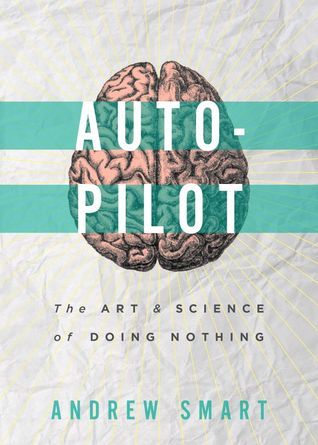What do you think?
Rate this book


148 pages, Paperback
First published January 1, 2013

What comes into your consciousness when you are idle can often report from the depths of your unconscious self—and this information may not always be pleasant. Through idleness, great ideas buried in your unconsciousness have the chance to enter your awareness.
Chronic busyness is bad for your brain, and over the long-term busyness can have serious health consequences. In the short term, busyness destroys creativity, self-knowledge, emotional well-being, and your ability to be social—and it can damage your cardiovascular health.
Idleness is a silent and peaceful quality, that neither raises envy by ostentation, nor hatred by opposition; and therefore nobody is busy censuring or detecting it.
When your brain is bombarded with stimuli like emails, phone, calls, texts, errands, driving around, talking to your boss, or checking the to-do list, it is kept bust responding to the challenges of the moment. Your brain has no time leftover to be creative.
One of the great paradoxes of modern life is that technology, for all its advantages, is actually taking away our leisure time.